

"Il Magnifico": With daughters Barbara (l.) and Eleonora, around 1994.
Bild: Franco Origlia / Getty Images
Silvio Berlusconi was the first modern populist. Like Trump, he was a tycoon and womaniser. But unlike Trump, he was molto simpatico, writes Nicholas Farrell who teamed up with Boris Johnson to meet Il Cavaliere at the height his power in his summer palace in Sardinia.
Bitte beachten Sie die Netiquette-Regeln beim Schreiben von Kommentaren.
Den Prozess der Weltwoche-Kommentarprüfung machen wir in dieser Erklärung transparent.

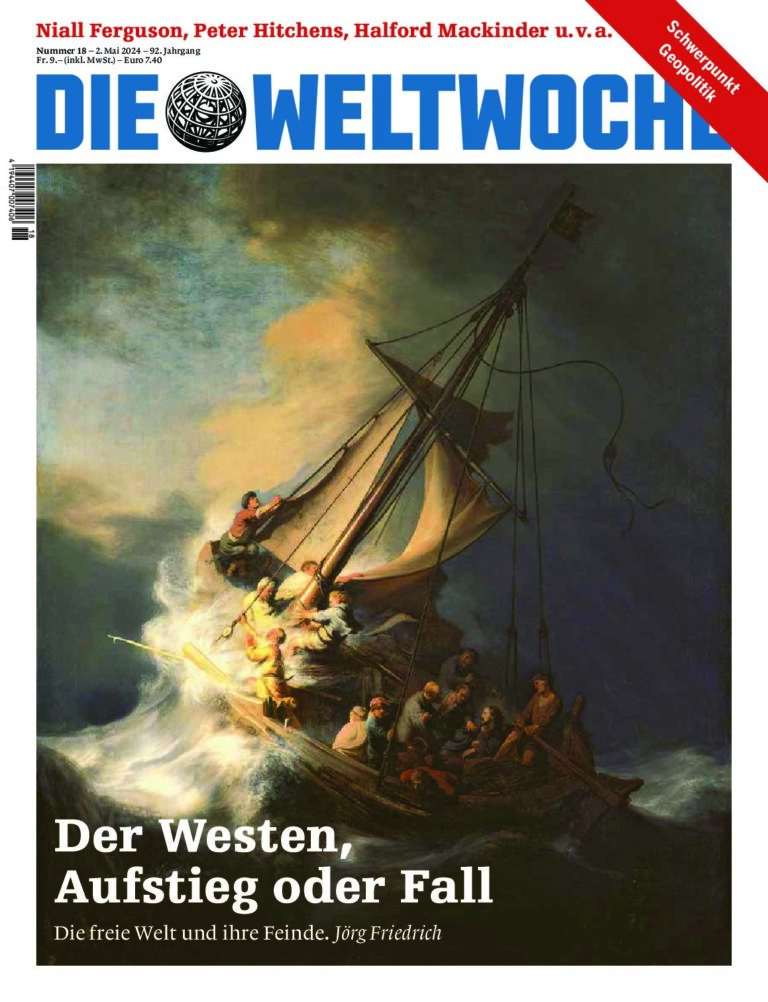


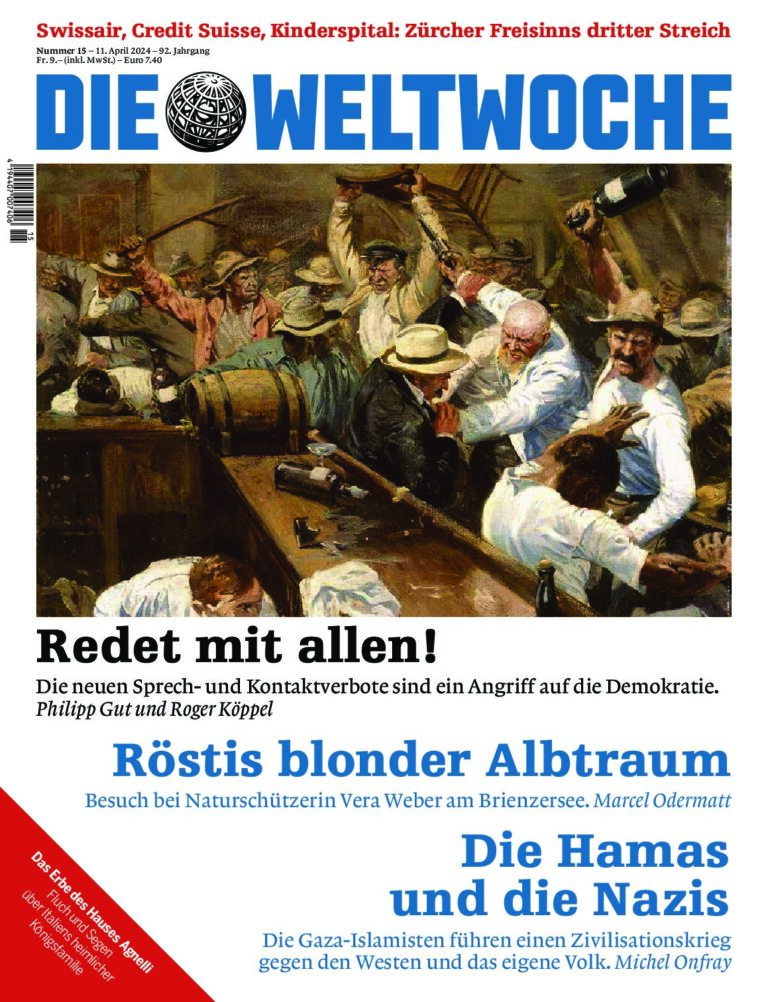
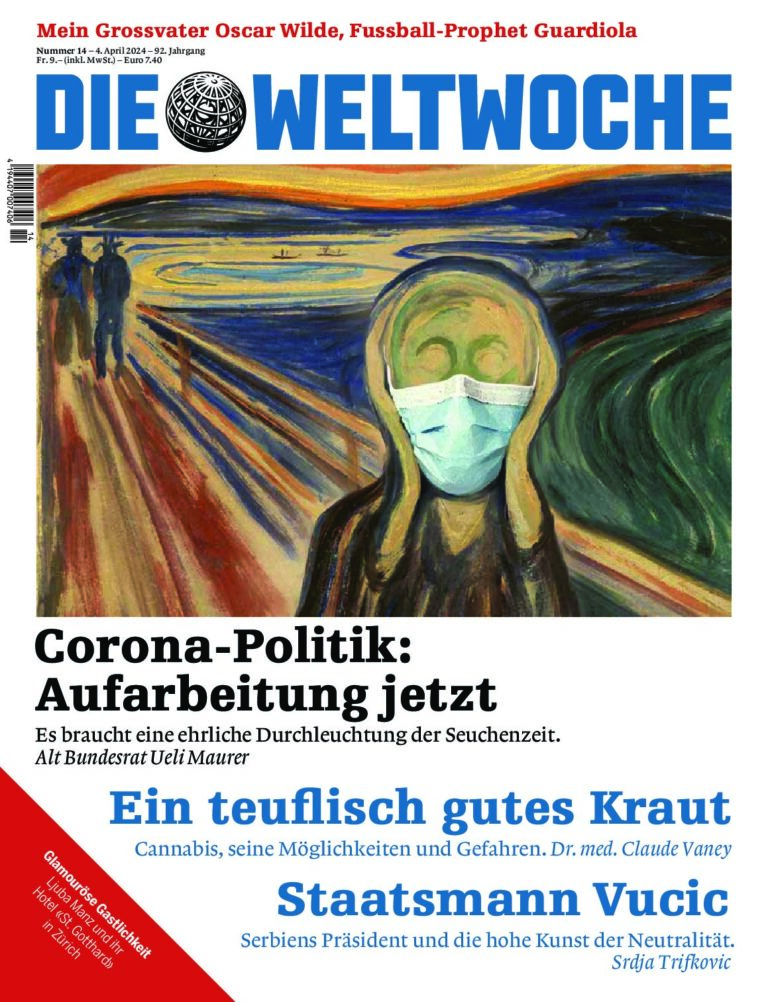
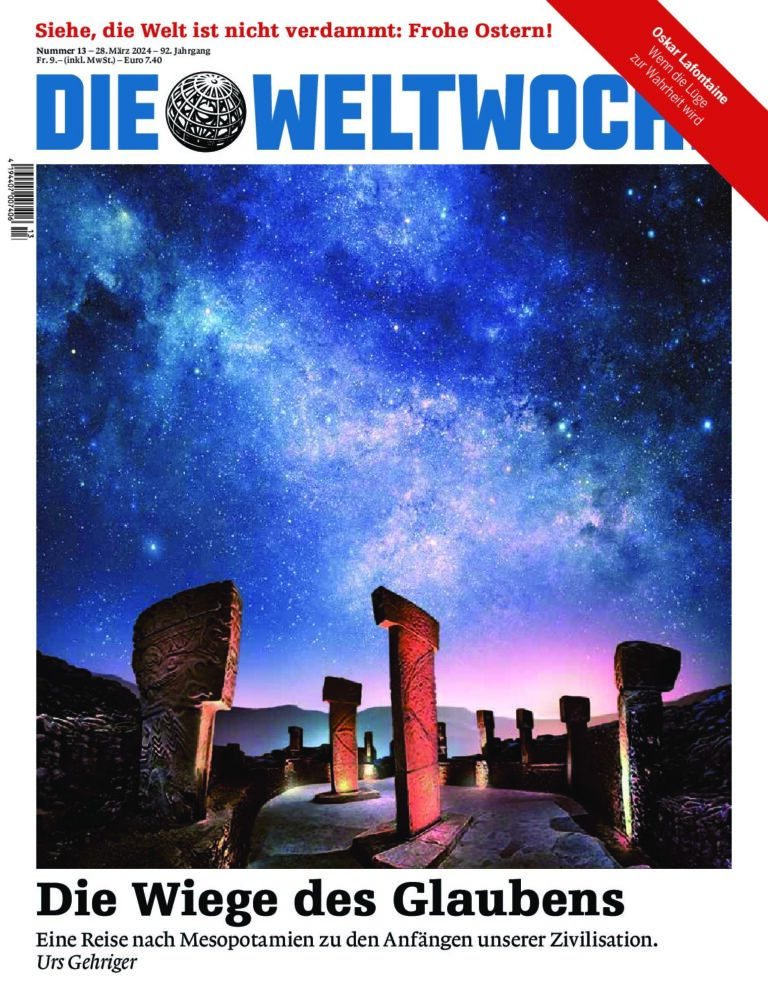
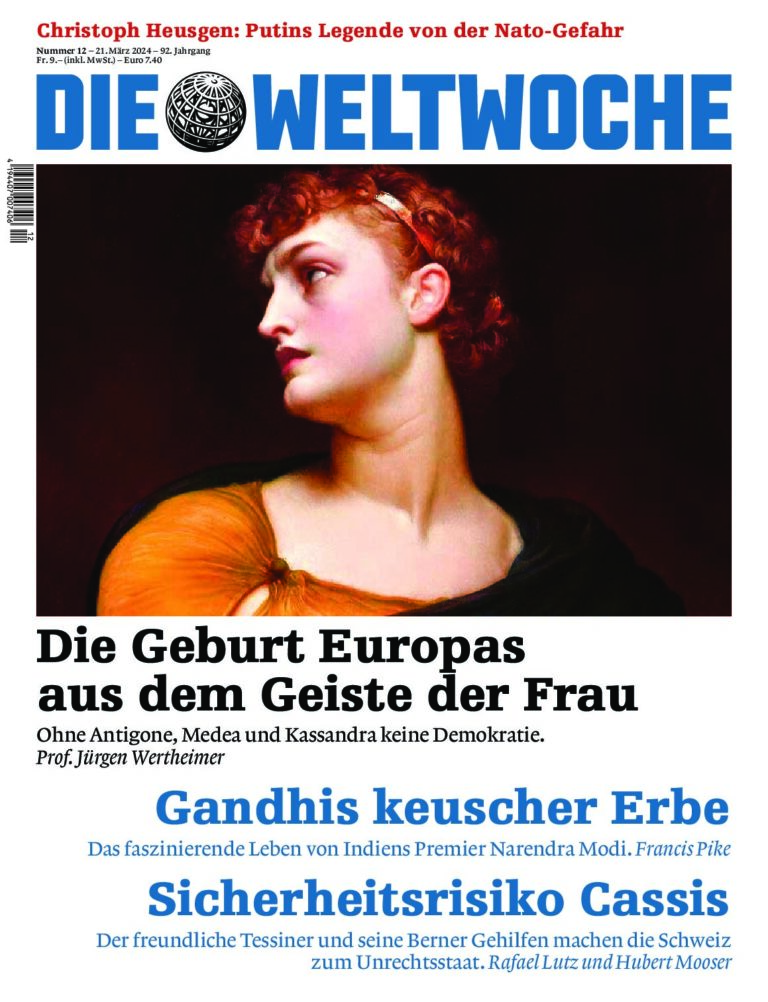

 Nicholas Farrell
Nicholas Farrell